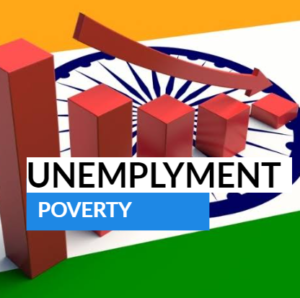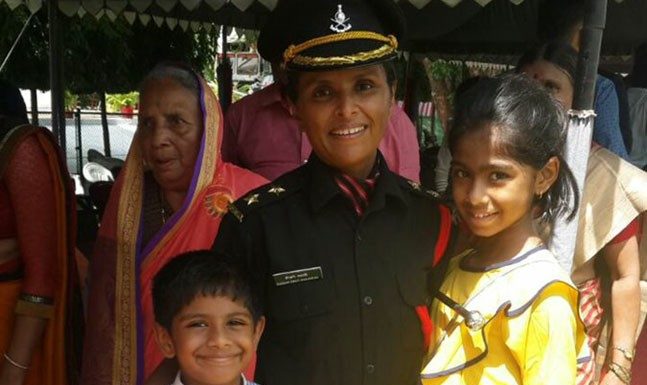According to projections from the World Population Review (WPR), India has surpassed China to become world’s most populated country. It has more than 50 % of its population below the age of 25 and more than 65 % below the age of 35 years. With demographic dividend in its favour India has tremendous potential in terms of human resource. The benefits of a youthful population consist of large and cheap workforce, a growing market for manufactured products and a large tax base for the country. However on the other hand it has more mouths to feed. If the country’s economy is not dynamic enough to absorb the ever increasing labour supply it may lead to grave socio-economic consequences. Unemployment, poverty and inequality are notorious aspects of our economic system. The young blood marred by grim career prospects is prone to communal polarisation. The divisive forces use the frailty of this economic structure to disrupt communal harmony.
Being ranked at 107th position in Global Hunger Index (GHI) 2022 and having largest number of poor people (around 228.9 million) in 2020, India has humongous tasks to deal with. Declining employment opportunities are in contrast with increasing GDP growth rate over decades. The “Jobless Growth ” has further contributed to gigantic inequality. According to a recent report India’s richest 1% holds over 40% of national wealth. These figures depict the faultiness of economic policies adopted by those in power.
It was given a 136th rank in World Happiness Report 2022.There is budding frustration and uncertainty among the youth. Manufacturing accounts to nearly 17% of India’s GDP but the sector has seen employment decline sharply. From employing 51 million in 2016 to 2017, employment in sector reduced by 46%, to reach 27.3 million in 2020 to 2021.(CEDA-CMIE). It is not just pandemic or the Russian invasion that has shaken up the economy but tendencies of jobless growth have been a result of faulty decision making for 20 years. The consequences are visible now.

The failure of the government to evolve a just economic order and eliminate poverty has threatened the secular character of our country. Religious fanatics and hate mongers are exploiting the prevalent exasperation among the young minds of India. According to the data provided by Ministry of Home Affairs MHA, there were as many as 3399 cases of communal rioting in the country during 2016 to 2020. The growing inequality in the society has perpetuated suspicion among different religious communities. This is fuelled by the widespread frustration among people, specially the youth.
Whether it’s Hijab row in Karnataka last year or communal clashes in Delhi, the gloomy reality is that the religious extremists are brainwashing the youth to fulfil their ulterior motives. The misinformation along with mob psychology and religious fervour play a major role in creating madness on the streets. The frequently used tool by the fanatics is fake news & propaganda. The WhatsApp is extensively used to fuel communal antagonism. “WhatsApp University” is hub for hate speech and false stories. The anti social elements use fake news to distract people from putting forward pertinent questions to authorities. The fourth pillar of a democracy is silent on major policy issues. The media is departing from its social responsibility. Most media houses have ceased asking questions from those in power. They are spreading false narratives among the masses due their own political inclinations and corporate ownerships.
The social structure is defined by the economic scenario of the nation. Therefore some firm and transformative policy decisions are need of the hour. The capital intensive production in industries is the dominant reason for this unbalanced distribution of wealth in the society. Major push for Micro Small and Medium Enterprises (MSMEs) is omnipotent as they provide more employment opportunities then the gargantuan capital based industries. Chest thumping and catchy slogans can’t bring prosperity but effective implementation can. If policies like the much hyped Make in India are more efficiently executed then better industry oriented environment can be established.
The economy, society and polity are interrelated. Therefore crisis in one has its ramifications on the other. The fraternity among different groups requires a more congenial economic environment and political stewardship. The hatred spread among people will create a toxic future and ensure frictions rather than cohesion. Profound political will is necessary for ensuring people’s trust in the existing socio economic order.
In a democracy when media ditches it’s duty of being a watch dog and fringe elements try to disturb the peace in the society, the only way out is to educate and empower. Education is prerequisite for an empowered civil society. It is the only virtue that will guide the youth under the dark clouds of distrust and hatred. A pro active civil society will have tough stand against the polarizing and device. For the time being this seems to be the only motivating force.
Article submitted by :Vibha Jain























